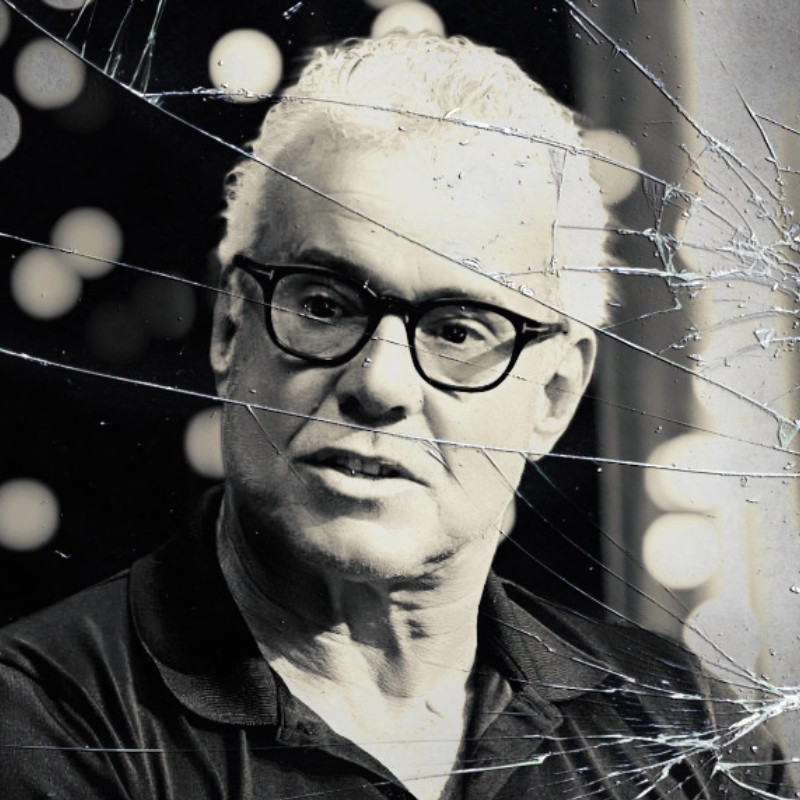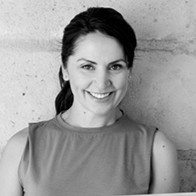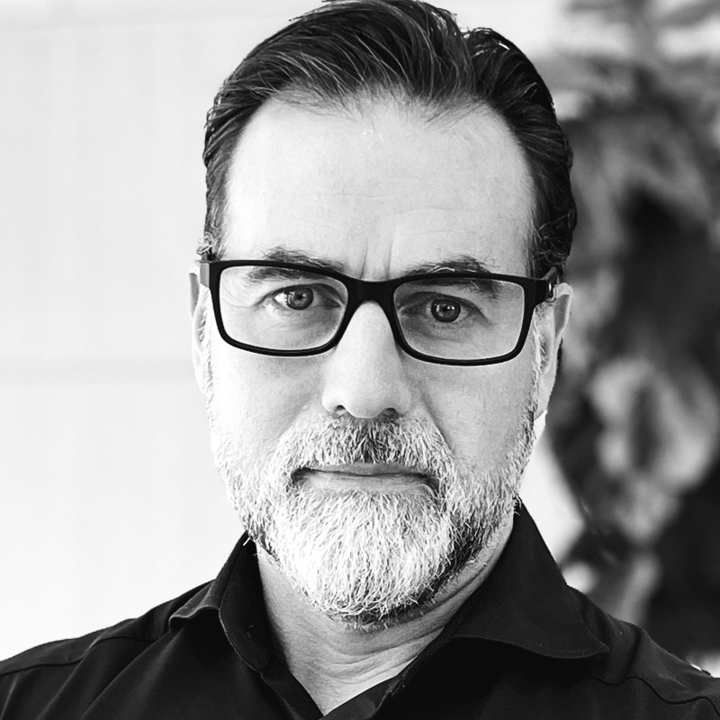In some of my workshops I ask participants, “What are the attributes of a peak performer?” And the list I get to write up on the white-board is pretty much the same every time — passionate, creative, brave, self-confident, fearless, visionary, empathetic, determined, tenacious, original, and so on.
I then remind participants of the one time they create their own “personal brand advertisement” — their résumé.
I ask them, “Do you use language like this in your résumé?” Because if these are the attributes of a peak performer, your résumé should shout out “Brave, passionate, and tenacious man (or woman)”, if those are indeed your peak performance attributes.
Sadly, most people rarely use language like this in their résumé. Instead they prefer dates, years, places of study and work, skills, job description details, and so on. Given the new reality of how résumés are processed today — they’re not read by a person, they’re read by a computer — I guess this is what you’d call “playing the game”. The computer is looking for signals of conformity. Did you go to a well-known school, have you ever worked for a blue-chip company, and did you have a title that matches what the company thinks it’s looking for?
Many resumes do have a “Hobbies & Interests” section, as a sort of token “this is the real me”. Yep, I love watching rugby and I go to the ballet, in case I’m being interviewed by a girl or a guy, I’m covered either way.
And then before we send out our résumé, we pass it on to a wise-old-uncle who knows about these sort of things, for a final check, and he says, “What, you had a two year gap year?! That’s not good. Two years of doing nothing is not good.” And then you remember that you worked in that pub in Wales, and you helped the owner design a flyer for a Mother’s Day promotion. Aha! Marketing Assistant for six months in Pub In Wales — plugged the gap very nicely.
When in fact what you did in your second year was travel Turkey with nomads smoking hashish. And so if you’re looking to hire someone who is passionate, creative, brave, self-confident, fearless, visionary, empathetic, determined, tenacious, and original, I’m your woman (or man). I learnt that shit traveling with nomads in Turkey and smoking hashish. Not at UNSW, or the University of Sydney, or TAFE. Because, you see, they don’t teach passion, creativity, bravery, self-confidence, fearlessness, vision, empathy, determination, tenacity, or originality at university, or at TAFE, or at school. There is no formal certified and accredited degree or diploma in passion, bravery, or self-confidence. You get to learn that shit in the School Of Life, the most valuable school there is.
And that is the horrible truth about résumés. They are not a true reflection of who you are, what you have learnt, what you have done, and what you can do. And the companies who are looking to hire true peak performers may just need to look outside the normal zone of résumé-ness.
ABOUT RICHARD
I'm The Brand Guy, a bloke who uses brand to help companies and people create the world they want to succeed in. I run a Strategy + Design + Communication company with my Designer mate Nick Beckhurst – called Brandcraft – and I do keynote talks and run workshops on Brand, People and Communication at conferences and seminars. I got my brand expertise working in the ad industry. I believe that brand is a management issue, not a marketing concept, and everything can and must be driven by and aligned to your brand strategy; your business strategy, your products and services, your culture, your people, your marketplace positioning, as well as [not just] your communications. The way I do branding that connects with and engages people is based on positive psychology. My approach is to feed the hungry spirit people have for their lives and their work by using their brand to create meaning, purpose, and destiny. I self-published my positive psychology book in 2008, called Wake Up Tiger. It’s a wake up call for people and workers who are dissatisfied with their lives, often even in the face of their ‘success’ .
Latest.

5 simple (but powerful) ways to shine in your design interview.
Job Seeker, Design

How to demonstrate the value of your design team in 2025
Thought Leadership, Design, Industry Trends, Leadership

Ace your interview: Words to watch out for.
Job Seeker




